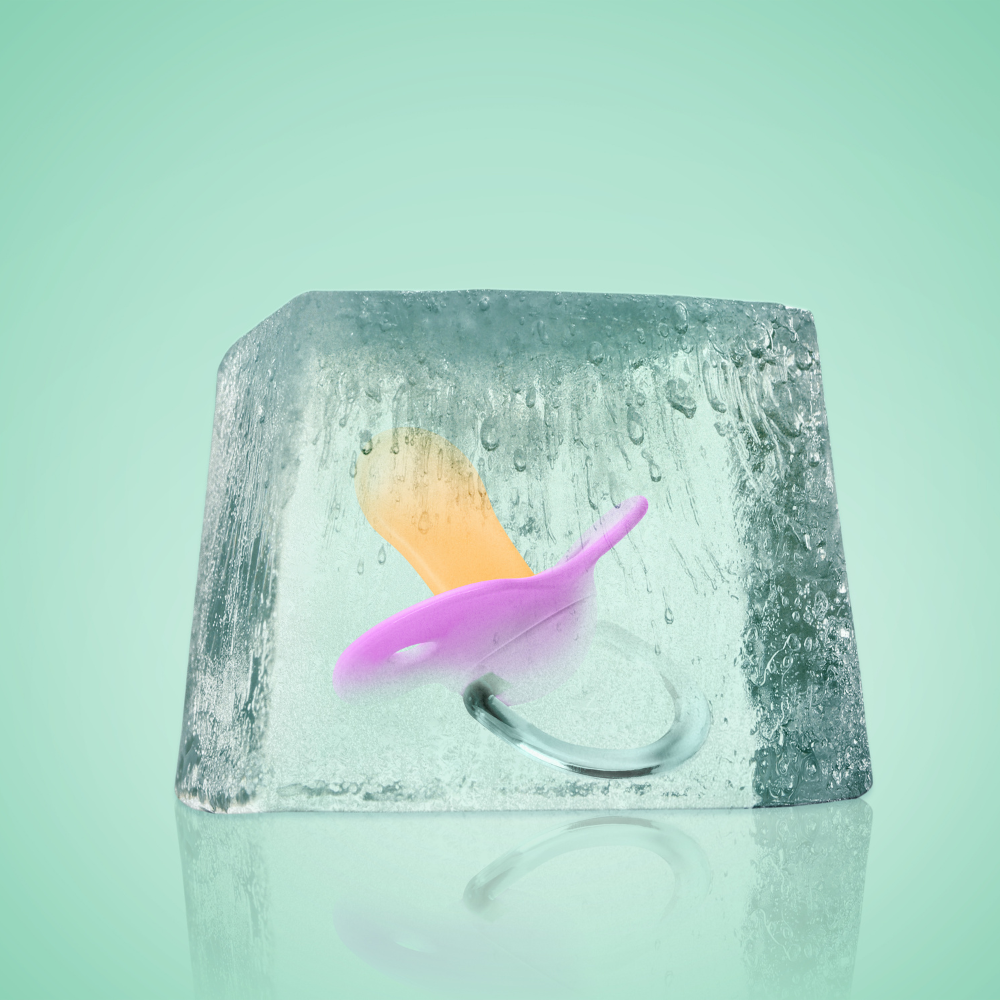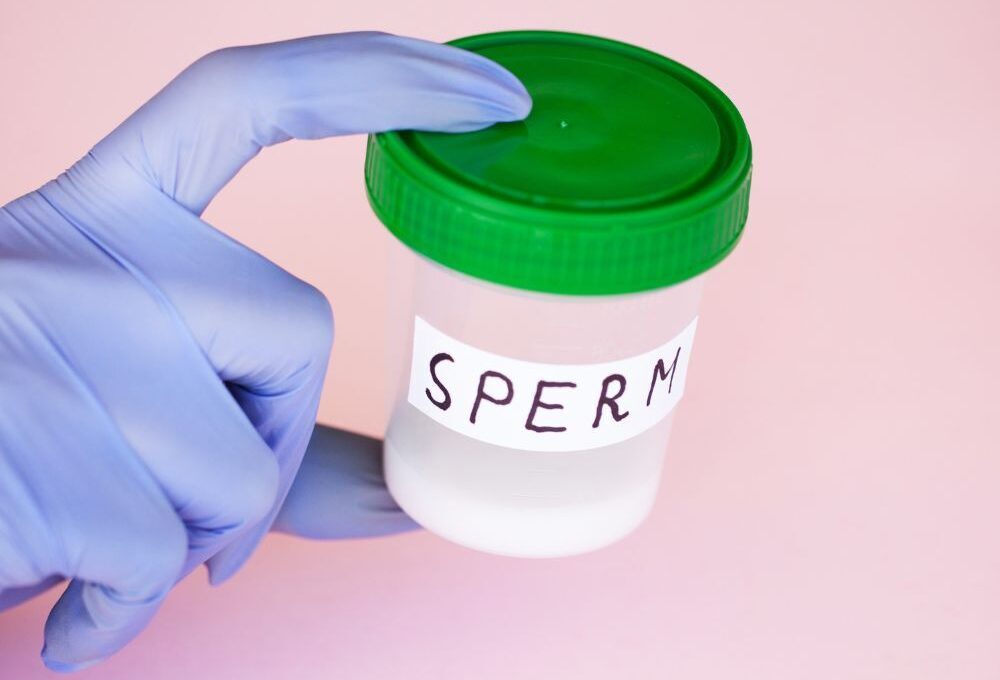Fertility Preservation

“A lot of people decide that freezing their eggs is a good backup option, if they’re not ready to start a family, or don’t want to start a family as a single parent”.
— Dr Angela Dunford
Let's Explore
Egg Freezing
Why freeze your eggs?
The decision to embark on egg freezing is a deeply personal one, depending on your individual circumstances. Freezing eggs boosts your fertility by storing eggs at a younger age, and therefore increasing the likelihood of a successful pregnancy in the future. It may be considered if you are wishing to prioritise your career, grappling with medical conditions affecting fertility, are single or desire more flexibility in your family planning.
When should I freeze my eggs?
The younger you do it the better! When you are younger your eggs are better quality & more likely to lead to having a baby in the future. We definitely recommend egg freezing before the age of 38, as eggs become less resilient to the freezing and thawing procedure after this point, reducing the prospects of future pregnancies. We also get more eggs per attempt at a younger age.
“With egg freezing…I will be very happy when you come to me under the age of 35, but really any time until about age 38 is good too.”
Dr Erin Fuller
How long can my eggs be stored?
As long as you want! Storage fees are about $500 per year. As long as you are still healthy enough to fall pregnant we can go ahead with using your eggs up until age 50.
How successful is egg freezing?
The outcome of egg freezing mainly depends on the age at which you freeze the eggs & how many we have frozen. The optimal number of eggs frozen is usually 15-20. Pregnancy rates are 30-50% for women who have frozen eggs before the age of 35 years.
How does the Egg Freezing procedure work?
Egg freezing involves ovarian stimulation through a series of hormone injections, an egg retrieval under light anaesthesia, and freezing through a process called vitrification. It is essentially a cycle of IVF to collect the eggs that are then frozen & stored. When you’re ready to conceive, your thawed eggs are fertilised with sperm and the embryos are then transferred to your uterus.
What are the potential risks and side-effects?
While the egg freezing procedure is generally safe, uncommon risks include drug side-effects, infection, bleeding and/or ovarian hyperstimulation. Common side effects include bloating, discomfort and mood fluctuations.
How much does egg freezing cost?
Costs depend on how much medication you will require and your health insurance. Social egg freezing is not covered by Medicare. Some individuals may be offered a Medicare rebate depending on their circumstances. Costs therefore vary between $3400-$8500 per cycle. Ongoing storage fees apply. Oncology patients are treated at no cost (medicare only) with no storage fees.
Sperm Freezing
Why freeze sperm?
Your doctor may advise sperm freezing before cancer treatment, surgery or starting a new medication. We also freeze for men who work remotely or have performance anxiety.
How long can frozen sperm be stored for?
As long as you want! Advancements in cryopreservation techniques have bolstered the reliability of sperm freezing for fertility treatment. Sperm can be frozen and stored for years.
How does sperm collection work?
Collecting a sperm sample involves masturbating into a sterile yellow topped jar. This can be done at the dedicated men’s room at Genea Newcastle or in the privacy of your own home if you live within an hour of the clinic. An appointment is required to book – 0249027000. The lab will request that you are abstinent for 3-7 days before the test. The specimen needs to get to the lab within 1 hour of collection & be kept at body temperature (in a pocket is ideal).

How successful is it?
Sperm freezing is very reliable. Sperm freezes & thaws quite reliably for most individuals.
What are the financial considerations?
The cost of sperm freezing includes a semen analysis, post thaw analysis & freeze. The cost is $300. There are also ongoing storage costs. If you have cancer then freezing & storage will be free (medicare).
